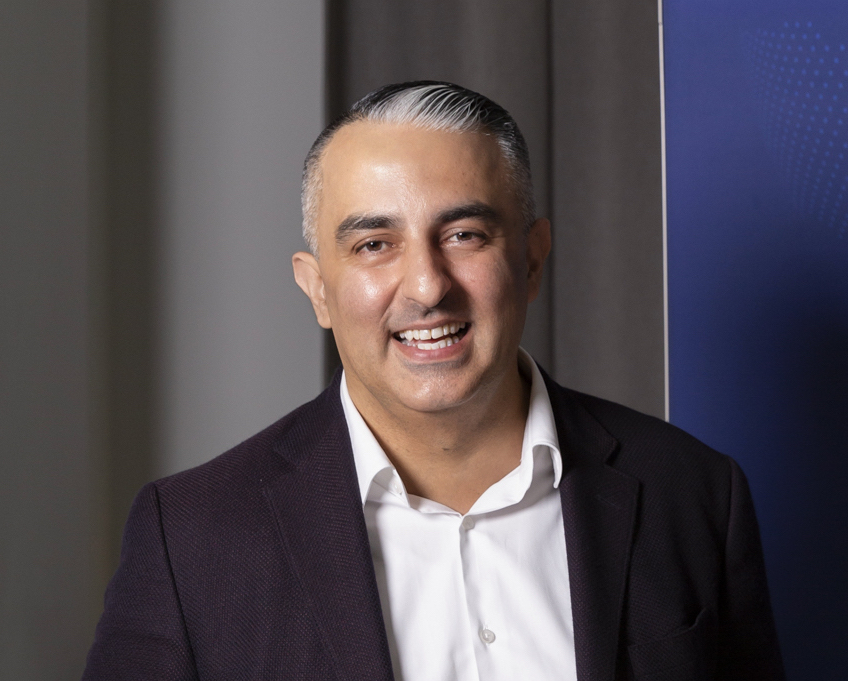
Masseh Haidary, CEO Global Payments Oceania
As a lost galaxy of financially challenged startups gets more adept at winning media headlines and favourable commentary from naïve politicians, one of the world’s largest payments businesses continues to expand its Australian business profitably with little fanfare.
Global Payments Inc is a giant in the international payments sector that services more than 4 million merchants and 1500 financial institutions in 170 countries.
With annual revenue exceeding US$4 billion, the Atlanta-based multinational these days is a firmly anchored member of the S&P 500 index.
High-impact negotiation
masterclass
July 9 & 16, 2025
5:00pm - 8:30pm
This high-impact negotiation masterclass teaches practical strategies to help you succeed in challenging negotiations.
The group is also a consistent generator of annual profits running into the hundreds of millions (US dollars), making it a rarity among technology-led payments businesses.
Global Payments’ Australian operation is based in Brisbane where it has been steadily deepening the transaction capability of the Ezidebit recurring payments platform, a local business it acquired in 2014 for A$305 million.
Unlike most others in the crowded world of digital payments, Global Payments is managing to turn profits in Australia.
Over the 12 months to the end of December 2022, the group’s local subsidiaries collectively generated a net profit of $28.8 million, which represented a ten per cent improvement on the 2021 bottom line of $26.2 million.
In the nine years since making the Ezidebit acquisition, Global Payments has more than quadrupled the merchant base of the subsidiary to around 60,000 businesses in Australia and New Zealand.
That makes it the largest direct debit platform in Australia.
The growth has, in part, been driven by a clutch of strategic distribution agreements with third parties such as Bendigo Bank which refer small business clients to Ezidebit when they request recurring payments facilities.
Masseh Haidary, the chief executive of the group’s payments businesses in Oceania, said he is focused on continuing to grow and defend Ezidebit’s customer base, which is expected to come under challenge as PayTo gains wider acceptance among Australian billers.
“Most of our revenue in Australia and New Zealand comes through Ezidebit,” Haidary said.
“Our business is focused on five industry verticals – health and fitness, childcare, education, storage facilities and hair and beauty.
“There will be a lot of disruption in this space with the rollout of PayTo, but it will take a few years for PayTo to take off.
“To get mass adoption, PayTo requires the development of a universal industry capability.”
Although Global Payments has high aspirations for its Australian business, Haidary rejected the suggestion that the Australian arm might be interested in taking a controlling stake in one of the merchant acquiring businesses of Australia’s major banks.
Following Worldline’s investment in ANZ’s acquiring business two years ago, rumours have percolated in the local payments sector that Westpac had been looking to cut a similar deal with Global Payments.
Haidary intimated that the conjecture was ill-conceived.
“No – we wouldn’t be interested in that at all,” he said.
While Ezidebit is the largest revenue source for Global Payments in Australia, the group also manages the local operations of an ecommerce marketplace known as eWay and a string of cloud-based software companies.
The group says that eWay has almost 100,000 merchant subscribers to its platform in Australia and New Zealand.
Haidary’s task in coming years is to integrate Ezidebit and eWay with a view to establishing a single point of service for customers of the businesses.
“Our ambition is to unify the businesses and to deliver a service solution that allows customers to interact with us through a single API,” he said.
“To achieve that we have increasingly been tapping into the global capability of the group in the last 12 months.”
While the cloud technology operations (which trade under the Sentral and Storman brands) might appear to sit outside the core business of Global Payments, Haidary was swift to highlight that each is strategically focused on the same industry verticals as the payments arms.
Sentral develops software to support student administration in the education sector, while Storman markets storage facility management platforms.
The idea is to develop a multi-faceted service relationship with business customers in a clearly defined set of industries.
“We’re really putting our chips behind an integrated software strategy,” Haidary said.
A key part of Haidary’s strategy is to forge partnerships with merchants and other service providers.
Apart from Bendigo Bank, Global Payments Australia has partnerships with TerryWhite Chemmart, Amart Furniture, Cuscal and Shopify.